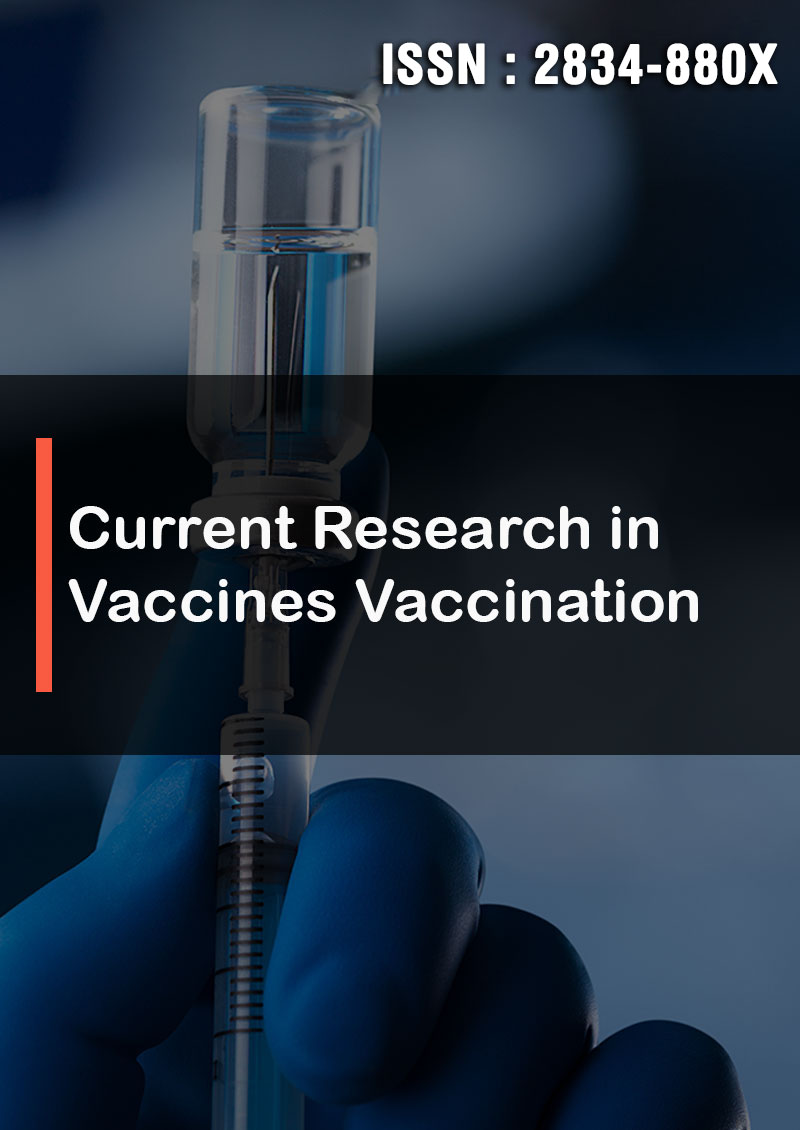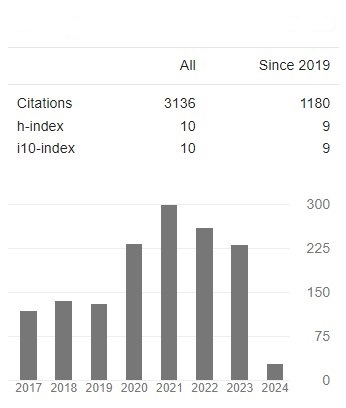Impact of Eastern Congo Ebola Outbreak on Child Health Services Delivery: Decline of Routine Child Immunization and Need for Vaccine
Abstract
Nzaji Michel-Kabamba, Lungoyo Christophe-Luhata, Nlandu Roger Ngatu, Charlotte Othepa, Mwimba Bertin-Lora, Mukola Arsene-Kabwaya, Stephane H. Bateyi, Nicole A. Hoff, Ngombe Leon Kabamba, Basilua Andre Muzembo, Koji Wada, Shunya Ikeda, Elisabeth Mukamba, Mwamba Guillaume-Ngoie, Numbi Oscar-Luboya
Background
An Ebola disaster, the deadliest in the history of Ebola in the Democratic Republic of Congo (DRC), is unfolding in North Kivu and Ituri provinces. An interdisciplinary research team investigated the impact of the Ebolavirus disease (EVD) outbreak on vital health services delivery under the coordination of DRC National Vaccination Program, Ministry of Health. We report on the impact of the ongoing Eastern Congo EVD outbreak on routine child immunization in the EVD-affected in North Kivu province, DRC.
Methods
This was a retrospective longitudinal study consisting in a time-trend analysis that was conducted in 40 public health facilities that organize routine child immunization in four of the 34 ‘Health Zones’ of the North Kivu province, namely Beni, Butembo, Katwa and Mabalako. Data were collected during two distinct 3-month periods: the “pre-Ebola period” (1 May through July 2018) and the “Ebola period” (1 August through October 2018), to compare the vaccination trends. Mean number of vaccine doses administered in pre-Ebola and Ebola periods were compared (unpaired t test).
Results
Compared to the “pre-Ebola period”, overall monthly mean vaccines uptake dropped during the “Ebola period”: BCG (157.1 ± 150.3 vs. 227.5 ± 138.4; p<0.0001), Oral polio (OPV: 505.1 ± 474.6 vs. 631.3 ± 353.9; p<0.001), Measles vaccine (147.6 ± 126.7 vs. 184.7 ± 102.5; p<0.001), pneumoccocal vaccine (PCV13: 445.8 ± 395.5 vs. 554.3 ± 299.8; p<0.001) and inactivated polio vaccine (IPV: 183.9 ± 141 vs. 153.9 ± 146.6; p<0.01). Furthermore, when considering the trend in child immunization in each of the four Health Zones during ‘Ebola period’, vaccine uptake shrank considerably in most health zones, whereas a complete disruption of vaccine delivery was observed in Mabalako health zone where the epicenter of this outbreak is located.
Conclusion
The ongoing Ebola outbreak has a negative impact on child health services, routine vaccination in particular. Supplementary immunization coupled with the strengthening of routine child vaccination services should be implemented to address gaps in immunity among children in affected provinces and reduce the risk of other infectious diseases outbreaks. Keywords: Democratic Republic of Congo; Ebola virus disease; Child immunization; Outbreak.




